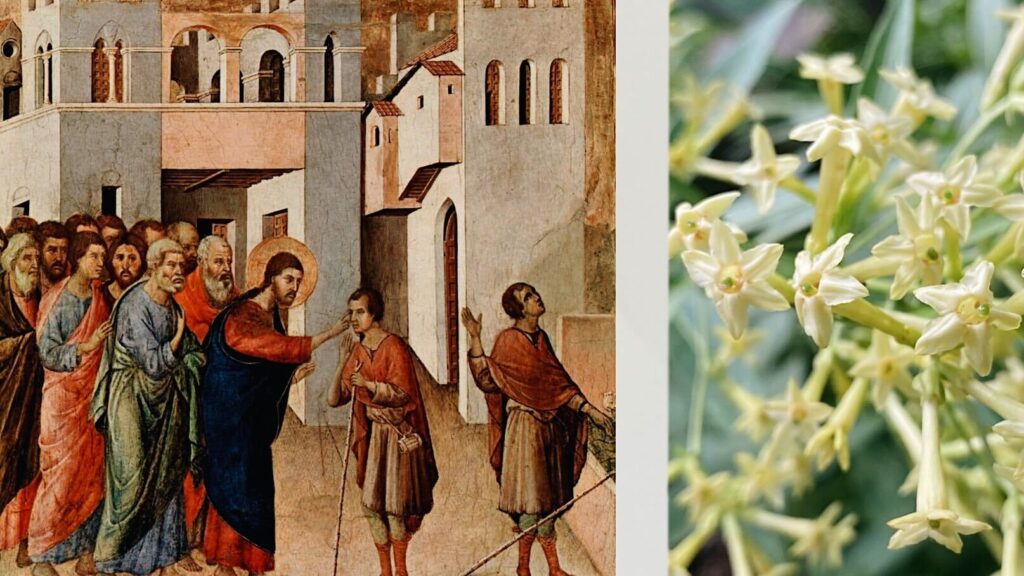CMP Review 2023-08-20

In Carol A. Newsom’s deeply moving commentary on the Book of Job, she gives special attention to the words of Elihu. Elihu “is a formidable thinker—and a dangerous one… [He] articulates a powerful idea: God intentionally sends suffering to people in order to make them better—indeed, to save them.” Newsom explains the enduring appeal of this idea:
Like the notion of suffering as punishment for sin, it organizes the disorienting chaos of suffering into a meaningful pattern. Fearing meaninglessness almost above all else, people are willing to pay a great deal to restore a meaningful structure to experiences over which they have no control.
In the tenth chapter of the Gospel of John, the disciples meet a man who had no control over his plight: he was born blind. “Fearing meaninglessness almost above all else,” the disciples wanted answers. Surely Jesus would know. Was this blindness a punishment for sin? Whose sin?
Our Lord does not answer them the way they expected. Charlotte Mason’s poetic reflection on His words points us to a different perspective on the suffering over which we have no control. Read or hear it here.
@artmiddlekauff